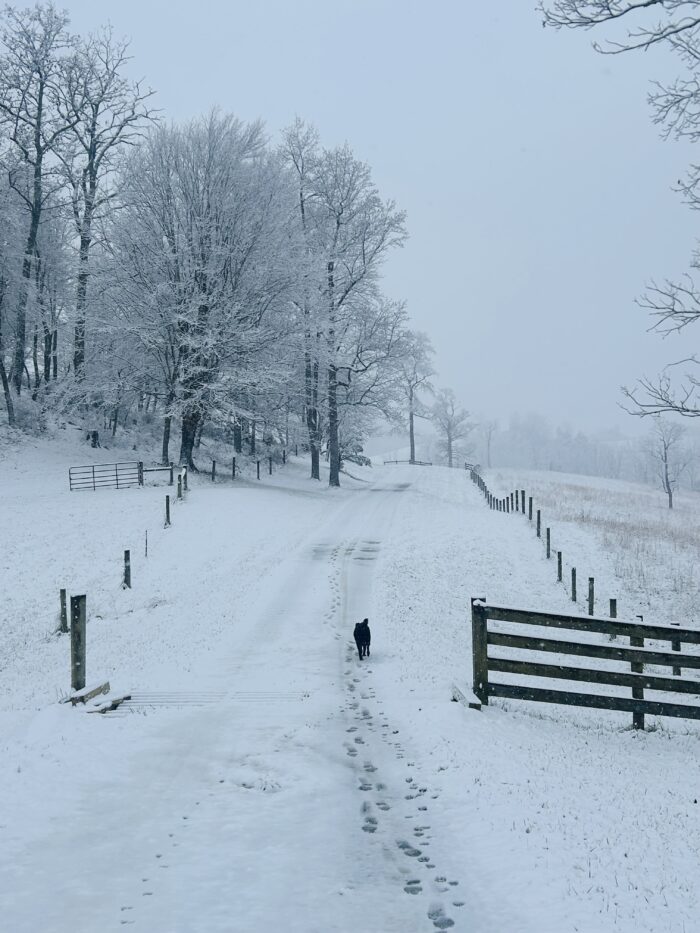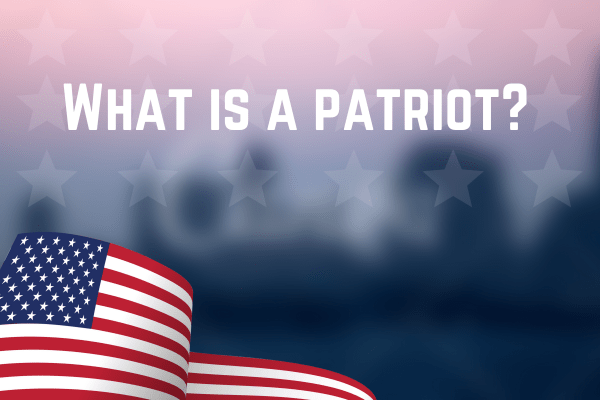Going into the holidays, my book club chose something light and happy to read: The Correspondent by Virginia Evans. I happily turned to it after DNF-ing Butter. Upon listening to the first chapter of the audiobook, which is very well done, I breathed a sigh of relief, immediately taken in by Sybil Van Antwerp and her letters.
Premise
The Correspondent tells the story of Sybil Van Antwerp, retired lawyer, divorcee, lover of words and books. After a successful law career, Sybil lives a predictable life in her home by the water near Annapolis, MD. She doesn’t like to travel but instead sends her thoughts into the world via letter writing – to friends, family, and people she never has or will meet, including famous authors like Joan Didion and Anne Patchett. But when this master correspondent feels the effects of a vision impairment and starts getting disturbing letters from a troubled time in her past, she must confront feelings and truths she has long avoided.
What I like
I love Sybil. She is smart, funny, determined, flawed. Often, I laughed out loud at her wit. Sometimes I shook my head at her presumptions. I could relate to her love of the written word and the history it preserves. Also like Sybil, I often find it easier to express myself in letters or notes than in face-to-face conversations. Turns out we both have room to grow.
The Correspondent features many characters, but Evans does a nice job of developing and distinguishing them. The audiobook uses different voice actors for most characters, which also helped. One of my favorite supporting characters is Sybil’s best friend, who isn’t afraid to confront Sybil about her flaws. And her kind neighbor Theodore, a quiet man, yet determined in his own way.
As the chapters progress, we learn more about Sybil’s backstory, which gives meaning and depth to her present challenges. I loved how Sybil’s evolution shows how it is possible to change and embrace the world on new terms, even later in life. As Sybil’s physical ability to see diminishes, her emotional ability to perceive expands, a very inspiring message indeed.
What I don’t like
The Correspondent is an epistolary novel, which means it’s in the form of letters. I enjoy this format. The structure quickly and efficiently conveys the voices of the different characters. I have enjoyed other epistolary novels, including Where’d You Go Bernadette, The Guernsey Literary and Potato Peel Society, and The Last Days of Summer. (Click to see my reviews.) However, the format can feel contrived at times, with events or dialogue feeling forced into a letter. Also, since all information is given through letters, we miss some important scenes or details.
Recommendation
The Correspondent was a nominee for several Goodreads Choice Awards for 2025, including: Readers’ Favorite Fiction, Readers’ Favorite Debut Novel, Readers’ Favorite Audiobook. My book club loved it, and so did I. Especially in the dark days of winter, when our societal issues feel overwhelming at times, The Correspondent is a lovely read, a testament to the ability of the human spirit to adapt and grow. I also highly recommend the audiobook.
Also, here’s the link to a NYT interview with debut author Virginia Evans.
Have you read an epistolary novel you’ve enjoyed? Tell us about it in the comments.
Thanks for getting nerdy with me!















